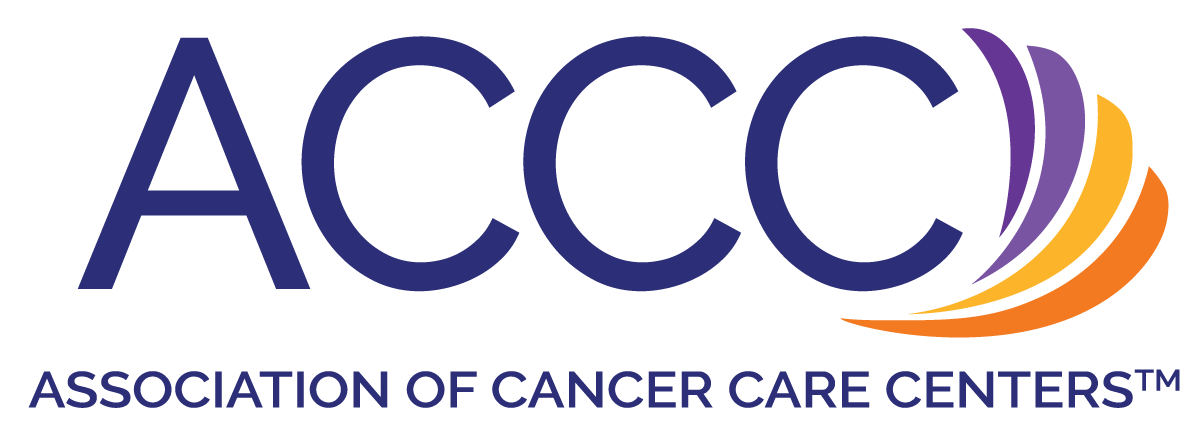
What We're Reading: NIH Assessing COVID-19 Disparities; Fruity, Disposable E-Cigs Removed; ASCO, ACCC Partner on Minority Representation

The National Institutes of Health's (NIH) “All of Us” research project was spotlighted for its potential to explain racial disparities due to coronavirus disease 2019 (COVID-19); the FDA has told Cool Clouds Distribution to stop selling its fruite-flavored e-cigarettes (e-cigs); the American Society of Clinical Oncology (ASCO) and Association of Community Cancer Centers (ACCC) partner to promote minority participation in cancer treatment trials.
NIH Project Examines Racial Disparities in COVID-19 Outcomes
Reported by
FDA Cracks Down on Manufacturer of Fruity, Disposable E-Cigarettes
Yesterday, the FDA sent a letter to the manufacturer behind Puff Bar e-cigarettes to stop distribution and remove all of their fruity, disposable e-cigs from the market within 15 business days. Reported by
ASCO, ACCC Partner to Increase Minority Representation in Cancer Trials
Announced today, the American Society of Clinical Oncology (ASCO) and Association of Community Cancer Centers (ACCC) have partnered to
Newsletter
Stay ahead of policy, cost, and value—subscribe to AJMC for expert insights at the intersection of clinical care and health economics.








